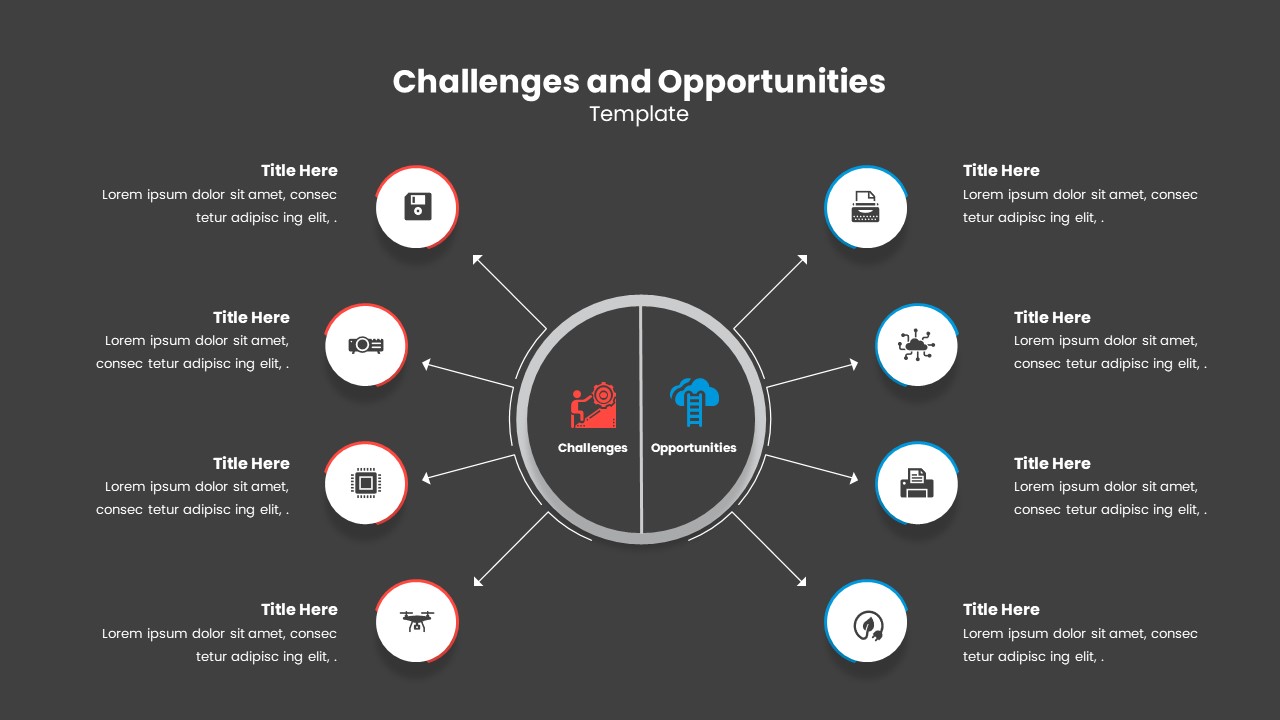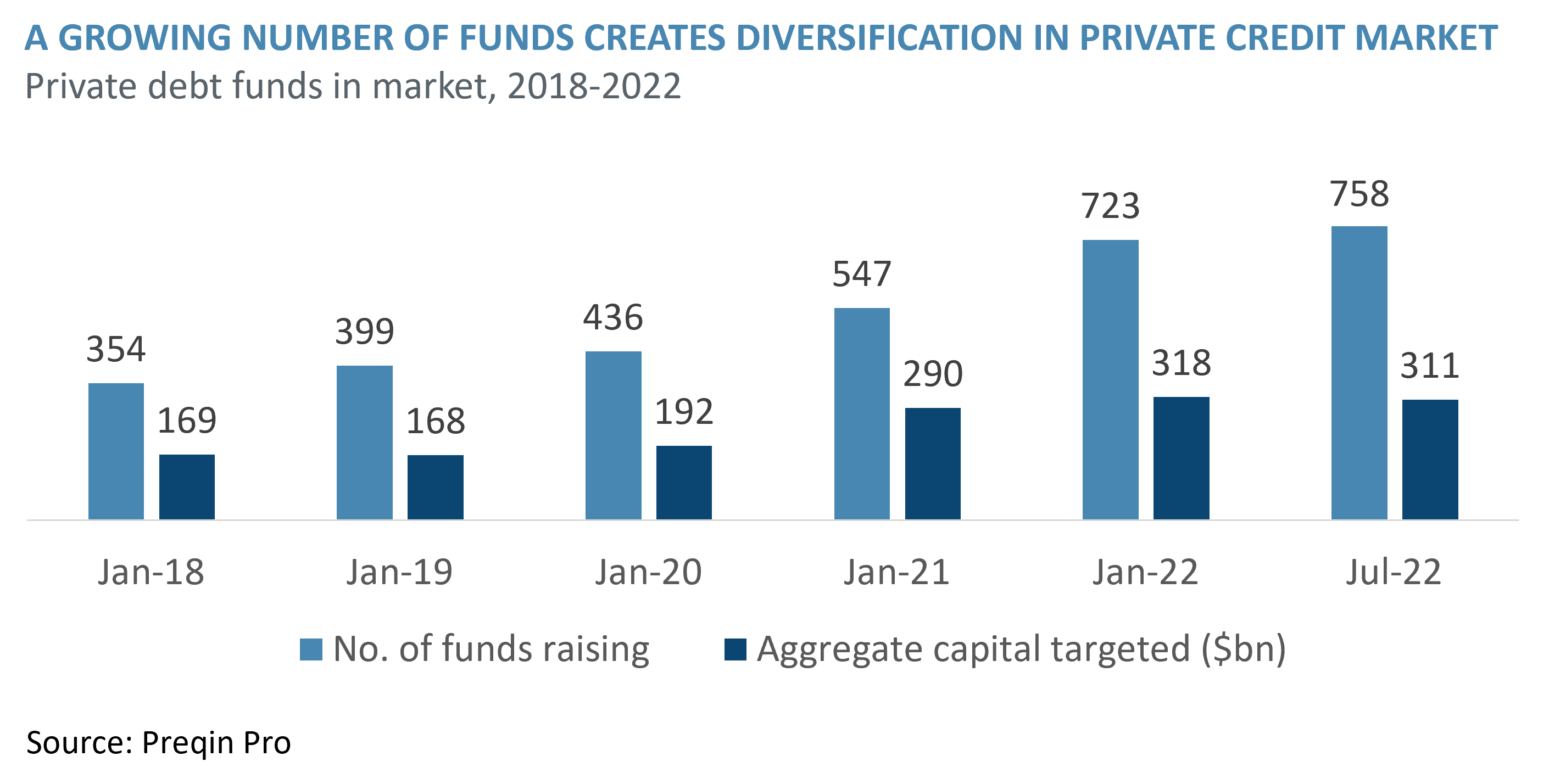The China Factor: Analyzing The Struggles Of Premium Automakers Including BMW And Porsche

Table of Contents
Intense Domestic Competition
The Chinese automotive industry is experiencing explosive growth, fueled by innovation and government support. This growth poses a significant threat to established premium automakers.
Rise of Domestic Brands
Chinese automakers are no longer simply producing budget-friendly cars. Brands like Geely, BYD, and NIO are rapidly gaining ground, producing high-quality, technologically advanced vehicles at competitive prices.
- Geely's acquisition of Volvo and its subsequent technological advancements have significantly enhanced its brand image and capabilities.
- BYD, with its strong focus on electric vehicles and battery technology, is a formidable competitor, offering compelling alternatives to established premium brands.
- NIO, known for its innovative battery-swapping technology and premium features, is attracting a significant segment of the luxury EV market.
These domestic brands possess several key advantages: a deep understanding of local consumer preferences, extensive dealer networks offering superior after-sales service, and strong government backing through subsidies and preferential policies. This potent combination makes them increasingly difficult for premium foreign brands to compete against.
Electric Vehicle (EV) Revolution
China is leading the global EV revolution. This presents both an opportunity and a substantial challenge for premium automakers. The rapid adoption of EVs is forcing brands like BMW and Porsche to accelerate their electrification strategies, demanding massive investments in research and development, charging infrastructure, and battery technology.
- Chinese EV manufacturers are pioneers in battery technology, boasting longer ranges and faster charging capabilities.
- Premium automakers face pressure to match, and ideally surpass, the technological advancements and comprehensive charging infrastructure of their Chinese competitors.
- The significant upfront investment needed for EV development and the creation of a robust charging network create substantial financial strain.
Shifting Consumer Preferences
The Chinese consumer landscape is rapidly evolving. Understanding these shifts is crucial for premium automakers seeking success in this market.
Changing Brand Loyalty
Younger Chinese consumers are less swayed by traditional brand loyalty than previous generations. This translates to increased price sensitivity and a willingness to switch brands based on perceived value and technological features.
- The focus is shifting from traditional brand prestige to value for money and technologically advanced features.
- A strong online presence and engagement on social media platforms are crucial for reaching this tech-savvy demographic.
- Marketing strategies must adapt to resonate with the unique values and aspirations of the Chinese consumer, emphasizing technological innovation and lifestyle integration.
Demand for Localized Features
Chinese consumers have distinct preferences when it comes to vehicle features. Premium automakers must adapt to meet these demands to maintain competitiveness.
- Larger screens, advanced connectivity features, and unique design elements tailored to Chinese aesthetics are crucial.
- Customization and personalization options are increasingly important for capturing this market segment.
- Compliance with local regulations and understanding Chinese consumer protection laws are essential to avoid costly legal issues.
Economic and Political Landscape
The economic and geopolitical environment in China significantly impacts the automotive industry.
Economic Slowdown
Economic fluctuations in China directly influence consumer spending on luxury goods, including premium automobiles.
- Economic uncertainty impacts consumer confidence and purchasing power, leading to decreased demand for luxury vehicles.
- Premium automakers need robust strategies to navigate economic downturns and maintain profitability during challenging periods.
- Diversifying markets and reducing reliance on any single region is critical for mitigating economic risks.
Geopolitical Factors
Geopolitical factors such as trade tensions and political uncertainties add complexity to the challenges faced by foreign automakers.
- Navigating complex regulatory environments and potential trade barriers requires careful planning and strategic partnerships.
- Maintaining positive relationships with the Chinese government and local authorities is essential for smooth operations.
- Understanding and adapting to evolving government policies and regulations are crucial for long-term success.
Conclusion
The "China Factor" presents a formidable challenge for premium automakers like BMW and Porsche. Intense domestic competition, changing consumer preferences, and a complex economic and political climate require significant adaptation and innovation. To thrive in this critical market, these brands must prioritize localization, aggressively embrace the EV revolution, and cultivate a deep understanding of the unique characteristics of the Chinese consumer. Ignoring the "China Factor" will inevitably lead to market share erosion and reduced profitability. Therefore, continuous analysis of the China Factor and its evolving dynamics is not merely advisable – it is essential for long-term strategic planning and success in the world’s largest automotive market.

Featured Posts
-
 Where To Invest A Map Of Emerging Business Opportunities
Apr 26, 2025
Where To Invest A Map Of Emerging Business Opportunities
Apr 26, 2025 -
 5 Essential Dos And Don Ts Succeeding In The Private Credit Market
Apr 26, 2025
5 Essential Dos And Don Ts Succeeding In The Private Credit Market
Apr 26, 2025 -
 January 6th Hearing Witness Cassidy Hutchinson To Publish Memoir
Apr 26, 2025
January 6th Hearing Witness Cassidy Hutchinson To Publish Memoir
Apr 26, 2025 -
 Auto Carriers 70 Million Port Fee Predicament A Detailed Analysis
Apr 26, 2025
Auto Carriers 70 Million Port Fee Predicament A Detailed Analysis
Apr 26, 2025 -
 Hollywood Strike Actors Join Writers Bringing Production To A Halt
Apr 26, 2025
Hollywood Strike Actors Join Writers Bringing Production To A Halt
Apr 26, 2025
